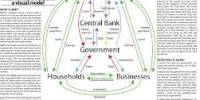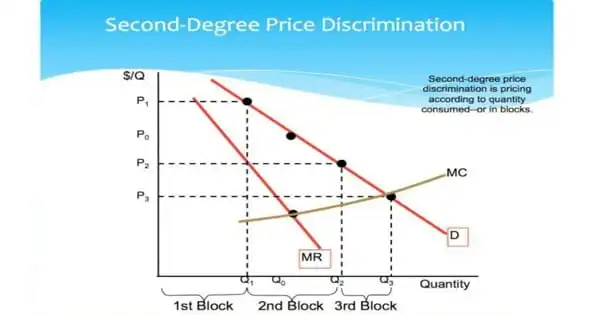Social credit is a political movement that has had some success in various parts of the world, but it is frequently viewed as a populist fringe organization promoting unconventional ideas. C. H. Douglas developed it as a distributive philosophy of political economy. It is the economic theory that consumer purchasing power should be increased by either subsidizing producers to lower prices or distributing industry profits to consumers. It is a belief that the capitalist system does not distribute enough income to sustain itself and that national dividends should be declared for consumers in order to ensure a high level of consumption.
Economic downturns, according to Douglas, are caused by disparities between the cost of goods and the wages of the workers who produce them. Douglas proposed government intervention in the form of debt-free money issuance directly to consumers or producers (if they sold their product below cost to consumers) to combat what he saw as a chronic lack of purchasing power in the economy.
If the Communist Party deems a citizen untrustworthy, China’s’social credit’ system ranks them and punishes them with throttled internet speeds and flight bans. For years, the Chinese Communist Party has been building a moral ranking system that will monitor the behavior of its vast population and rank everyone based on their “social credit.”
Douglas defended his ideas by writing, “Systems were made for men, not systems for men, and the interest of man, which is self-development, is above all systems, whether theological, political, or economic.” According to Douglas, Social Creditors want to create a new civilization based on “absolute economic security” for individuals, where “every man shall sit under his vine and under his fig tree, and none shall make them afraid.” In his words, “what we really demand of existence is not that we be placed in somebody else’s Utopia, but that we are placed in a position to construct our own Utopia.”
The system can be used not only by individuals but also by businesses and government agencies. The private sector, including China’s burgeoning tech scene, has its own non-governmental scoring systems that it employs.
The concept of social credit sparked significant interest during the interwar period, with the Alberta Social Credit Party briefly distributing “prosperity certificates” to Albertans. Douglas, on the other hand, as opposed to the distribution of prosperity certificates based on Silvio Gesell’s theories. Most economists and bankers disagree with and reject Douglas’ theory of social credit. In his book The General Theory of Employment, Interest, and Money, prominent economist John Maynard Keynes references Douglas’ ideas but instead proposes the principle of effective demand to explain differences in output and consumption.
















